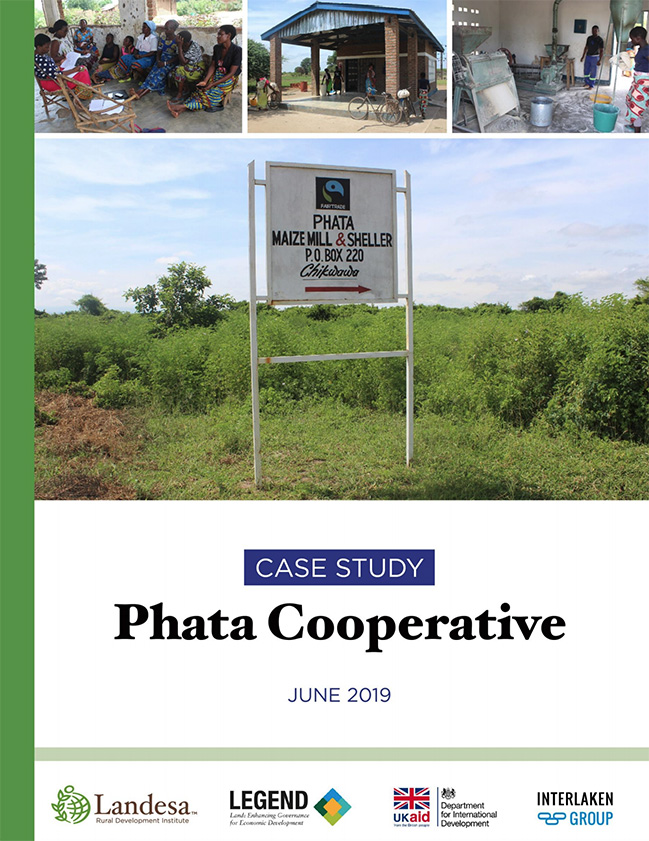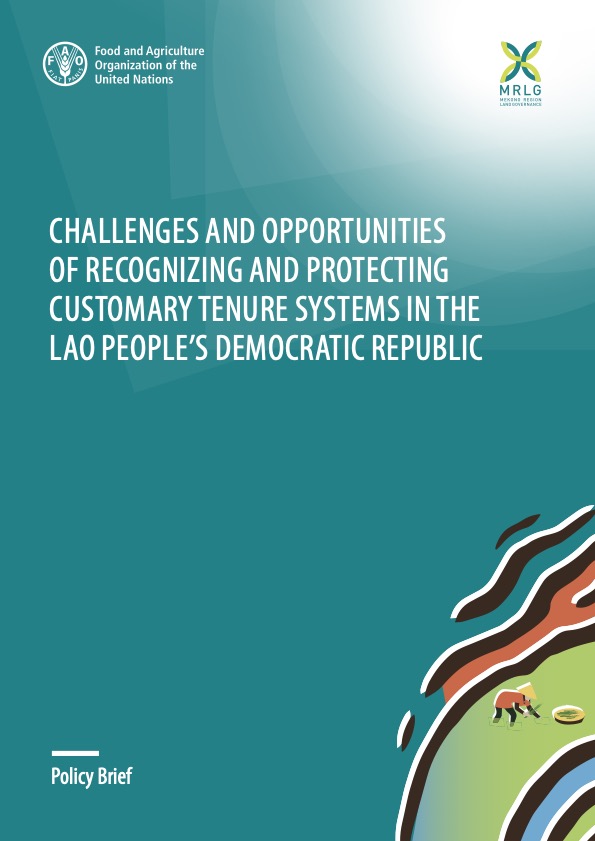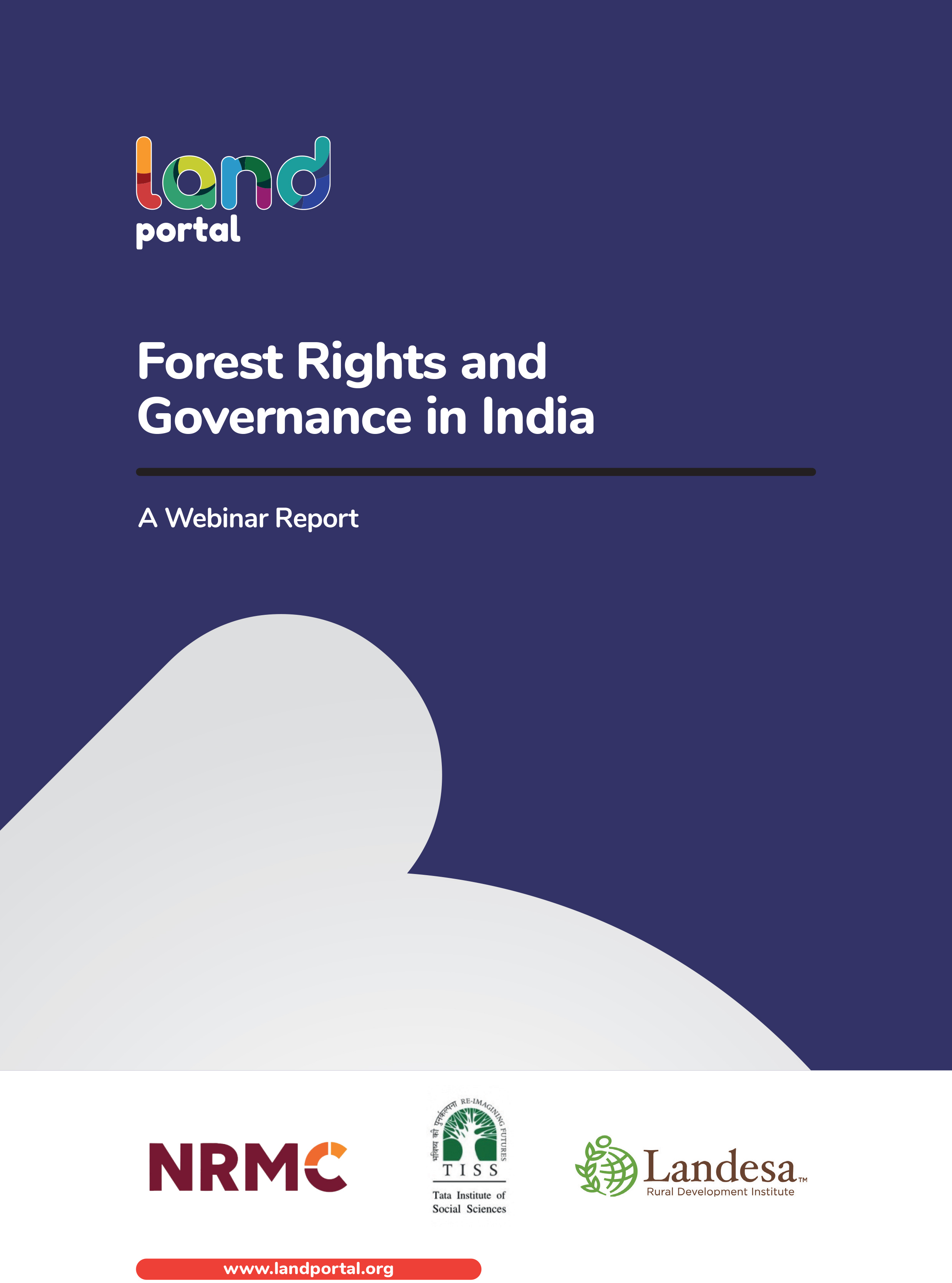PROPERTY RIGHTS THROUGH SOCIAL MOVEMENTS: THE CASE OF PLANTATIONS IN KERALA, INDIA
Globally, increased investor interest in land is confronting various types of political mobilisations from communities at the grassroots level. This paper examines the case study of a land occupation movement called Chengara struggle in the largest corporate plantation in southern India. The movement is led by the historically dispossessed scheduled caste and scheduled tribe communities. The objective of the study is to understand the type of institutional transformation of property rights that the movement is calibrating.









